What the United States does best is to understand itself. What it does worst is understand others

What the United States does best is to understand itself. What it does worst is understand others
Carlos Fuentes, a renowned Mexican writer and intellectual, once famously said, “What the United States does best is to understand itself. What it does worst is understand others.” This statement holds a profound truth that resonates with many individuals, especially those who have observed the actions and behaviors of the United States on the global stage.The United States has long been known for its self-assuredness and confidence in its own beliefs, values, and way of life. This self-understanding has allowed the country to thrive and prosper, becoming a global superpower in various fields such as technology, economy, and culture. The United States has a strong sense of national identity and pride, which has helped shape its history and influence its policies both domestically and internationally.
However, this self-understanding has also led to a certain level of insularity and ignorance when it comes to understanding other cultures, societies, and nations. The United States has often been criticized for its lack of empathy and understanding towards other countries, particularly those in the developing world. This has been evident in its foreign policies, which have sometimes been seen as imperialistic and interventionist, with little regard for the sovereignty and autonomy of other nations.
Carlos Fuentes, as a Latin American writer, was acutely aware of the impact of American intervention in the region, particularly during the Cold War era. The United States' support for authoritarian regimes in Latin America, its covert operations, and its economic exploitation of the region have all contributed to a negative perception of the country in the eyes of many Latin Americans.
Fuentes' statement can also be applied to the cultural sphere, where American cultural imperialism has often been criticized for its homogenizing effect on global cultures. The dominance of American media, entertainment, and consumer products has sometimes been seen as a threat to the diversity and richness of other cultures around the world.

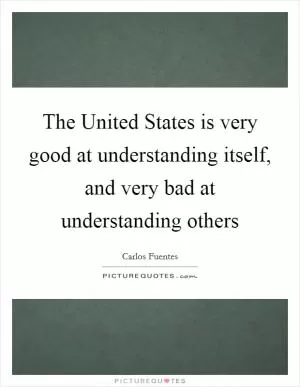
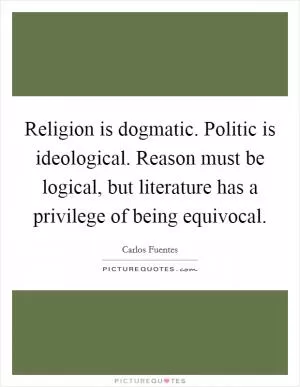

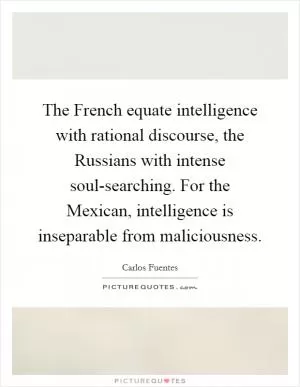


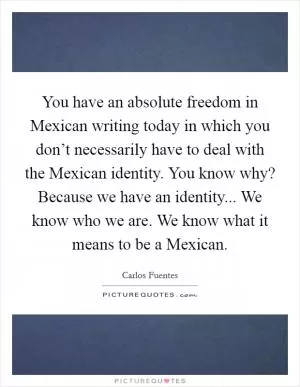

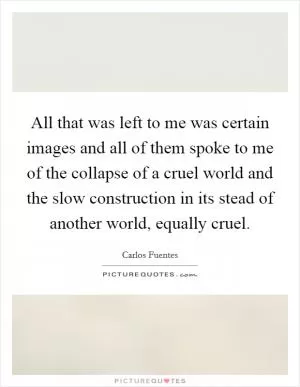
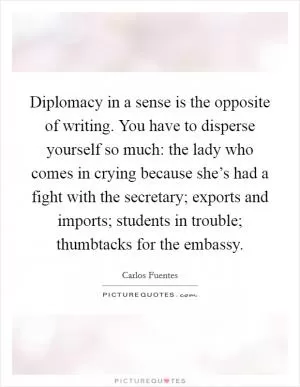
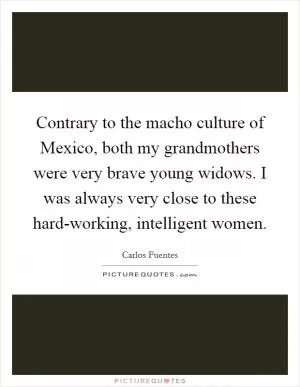
 Friendship Quotes
Friendship Quotes Love Quotes
Love Quotes Life Quotes
Life Quotes Funny Quotes
Funny Quotes Motivational Quotes
Motivational Quotes Inspirational Quotes
Inspirational Quotes